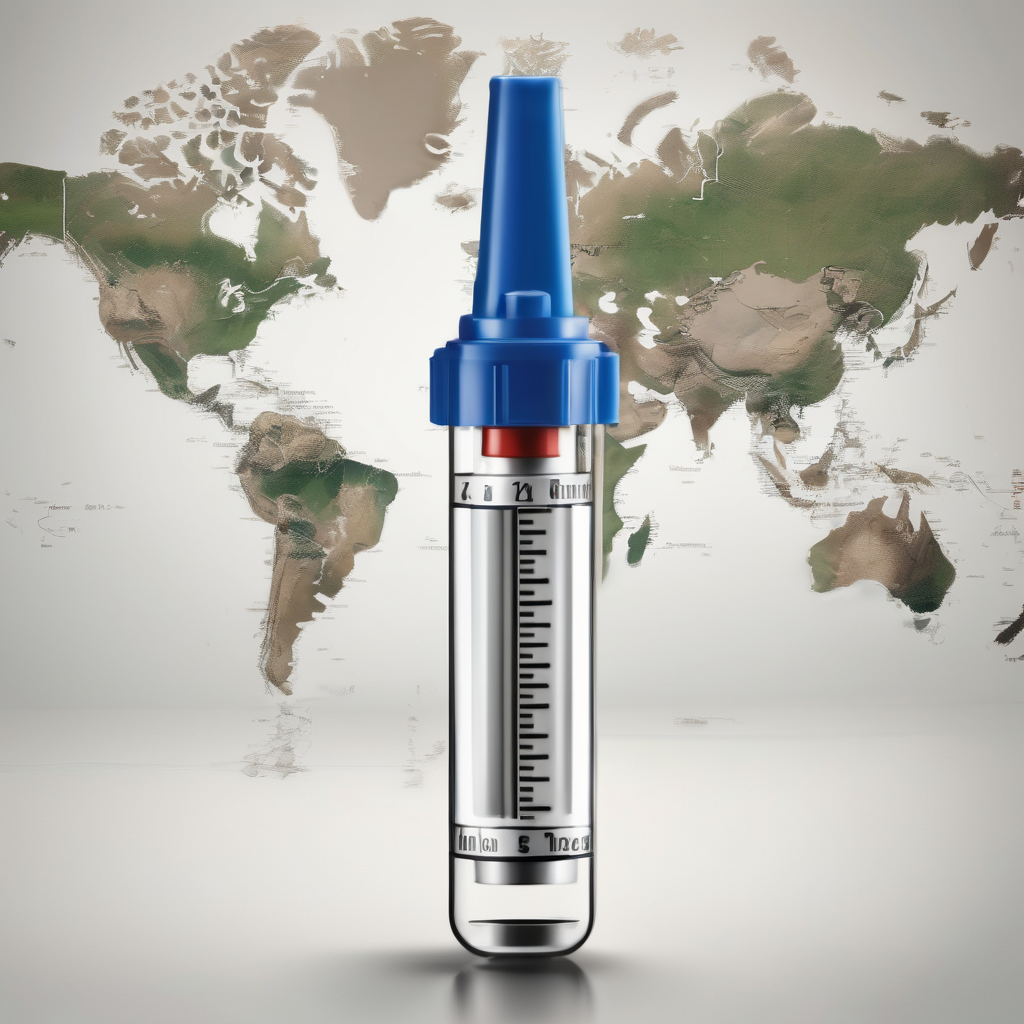Pacific health professionals are urging families to prioritize vaccination as New Zealand grapples with a growing measles outbreak. Health NZ/Te Whatu Ora has reported 17 confirmed cases across various regions including Northland, Auckland, Taranaki, Wellington, and Nelson, with specific locations of concern including Westfield St Luke’s, the Auckland City Hospital emergency department, and busy bus routes in Feilding and Wellington.
Dr. Chris Puli’uvea, an immunologist from Auckland University of Technology (AUT), emphasizes the urgency of vaccination in light of low immunization rates, which have been linked to increased exposure risk. He stated, “The measles virus is extremely contagious and spreads very quickly, potentially remaining airborne for up to two hours. Our current vaccination rates are concerning, making it critical for us to manage this outbreak effectively.”
According to the National Childhood Immunisation Schedule, children should receive their first dose of the MMR (measles, mumps, rubella) vaccine at 12 months, followed by a second dose at 15 months. However, as of June last year, only 49.6 percent of Pacific children aged 18 months had received both doses, highlighting a significant gap in coverage.
Further stressing the importance of family-wide immunization, Puli’uvea pointed out that some individuals cannot receive vaccinations due to health conditions, making communal immunization essential to protect them. Infectious disease expert Mark Thomas from the University of Auckland warns that without increased vaccination efforts, the outbreak could exceed 1,000 infections within the next three months. He cited the alarming 2019 epidemic when New Zealand experienced 2,000 cases, leading to devastating consequences in regions like Sāmoa.
Puli’uvea noted the challenge of asymptomatic individuals unknowingly spreading the virus, emphasizing the need for vigilance. Health NZ reported a record administration of 2,098 MMR vaccine doses recently, but Thomas cautioned that full immunity takes time, typically seven to ten days after vaccination.
Health officials continue to remind those born after 1969 to check their vaccination status and ensure they have received both doses of the MMR vaccine, as individuals born before this year are generally considered to have natural immunity.
As the outbreak unfolds, it serves as a crucial reminder of the importance of vaccination, community health measures, and public awareness. By ensuring immunization against measles, families collectively contribute to minimizing the risk of further infections and safeguarding vulnerable populations amidst a challenging public health landscape.
